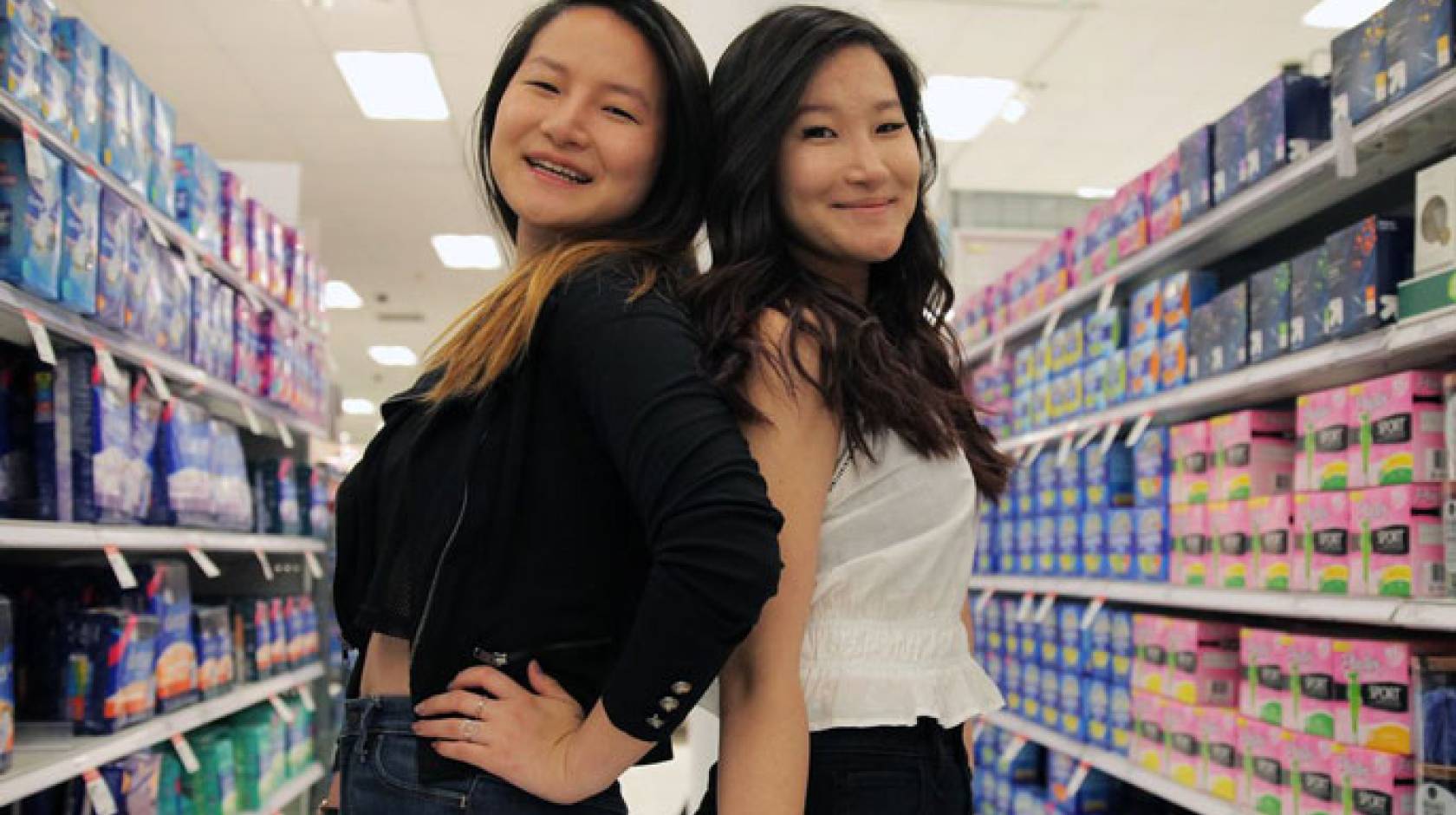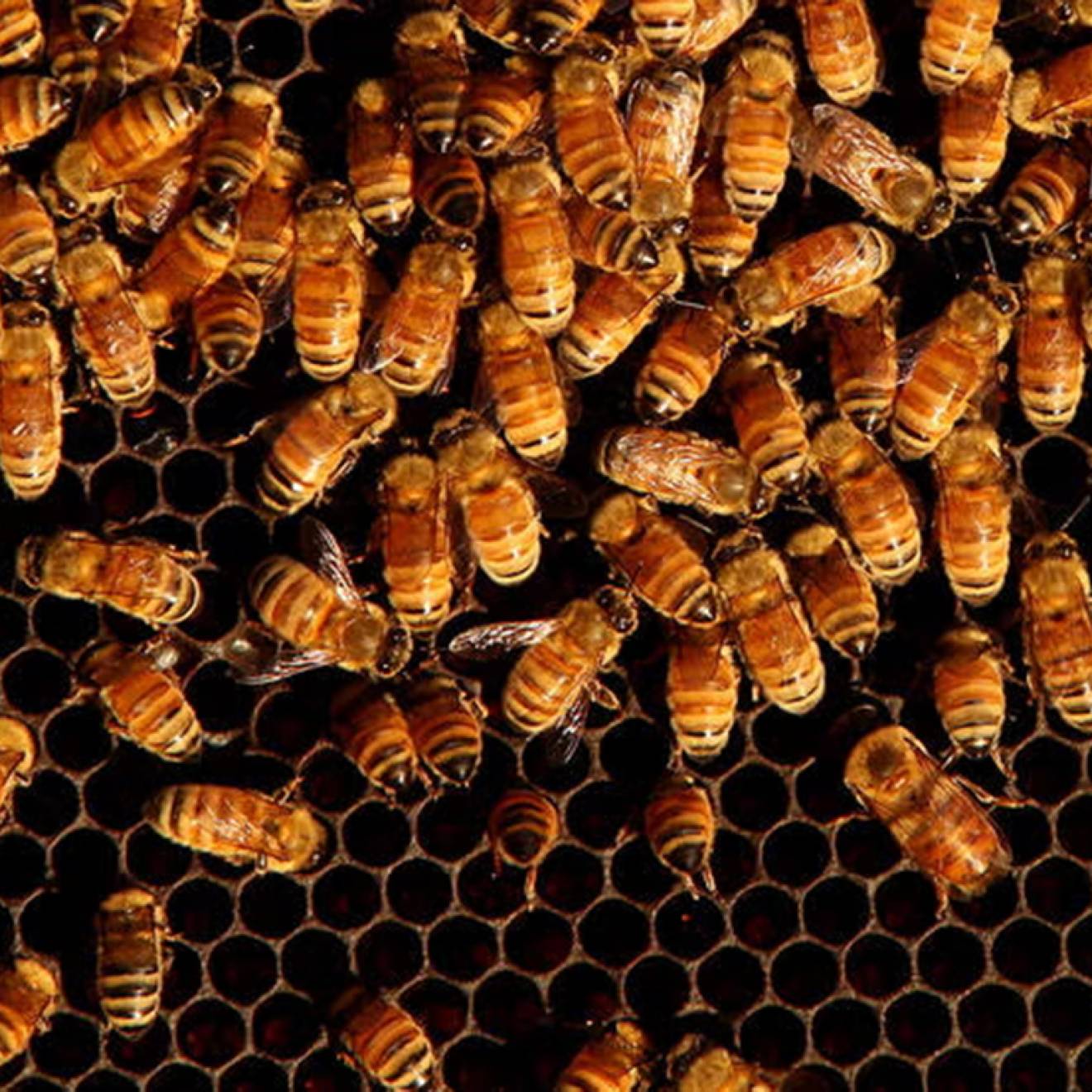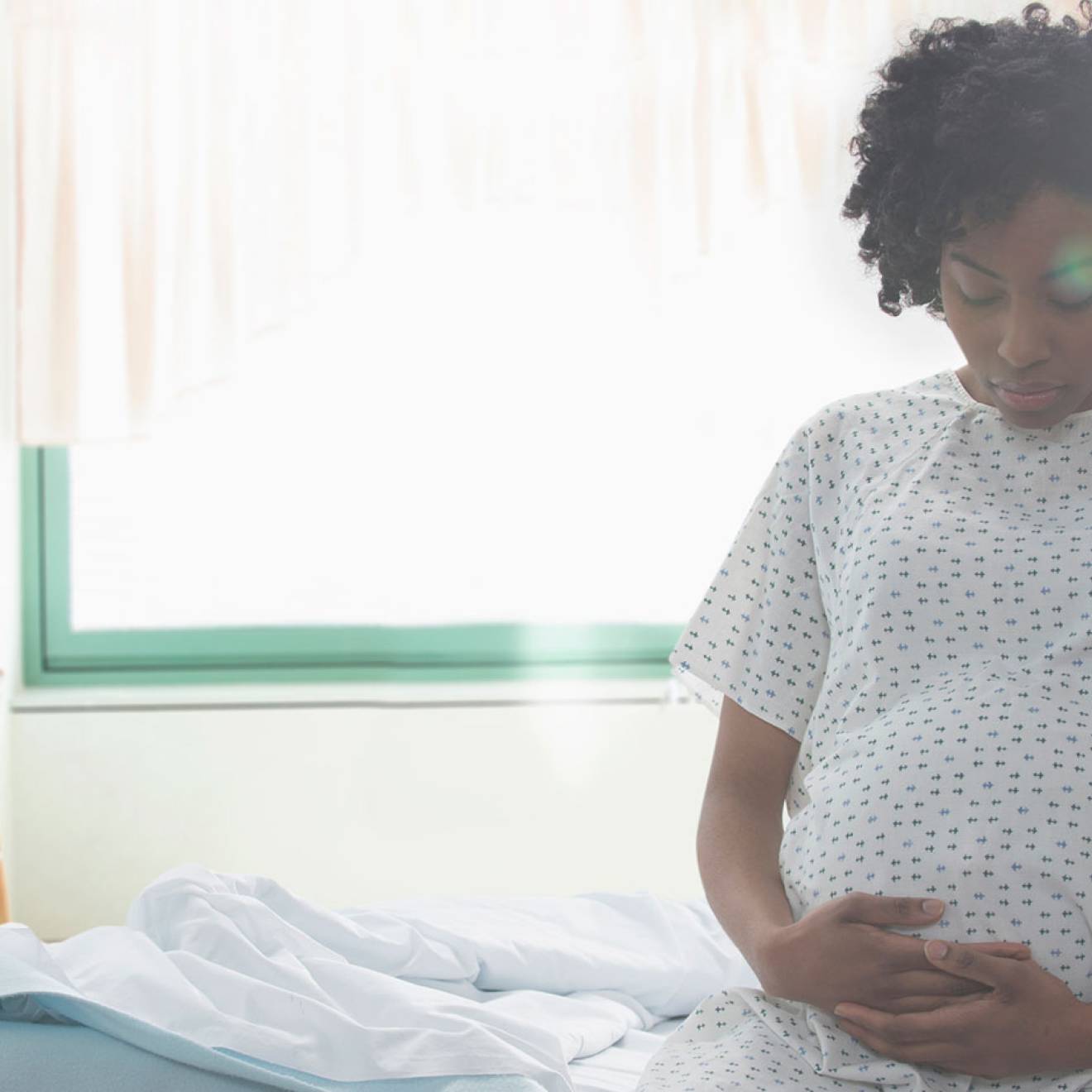Jessica Wolf, UCLA

The cause that dominates the lives of twin sisters Helen and Rachel Lee began in a Target parking lot 4 years ago while looking at a receipt. The then 17-year-olds thought it was unfair that they were being charged sales tax on feminine products like tampons and maxi pads. And they figured they were not alone in feeling this sense of injustice.
So they decided to do something about what is often dubbed “the pink tax,” because it applies only to women. That meant becoming more than intimately familiar with California State Tax Code P 425.0522, a lengthy statute that articulates what items are subject to sales tax and which are exempt.
“I feel like that number is tattooed on our brains,” said Helen, who along with Rachel, will graduate from the UCLA College June 14.
To get menstrual products on the list of goods that are exempt from taxation in California they need to be classified as “necessities of life” items.
“We think most women would agree that tampons and pads fall into the ‘necessary’ category,” Rachel said.
The Lee sisters’ journey as political activists began before they even got to campus. They started by pounding the pavement with clipboards in hand outside libraries to earn their first 100 signatures on the Change.org petition they created to help repeal the “pink tax.”
Since then they have:
- become well-versed in how to run social media campaigns and learned how to handle internet trolls;
- grown their petition signatures to more than 30,000;
- argued their cause to legislators and pitched it to the media;
- helped destigmatize conversations around menstruation and women’s health, especially for younger kids;
- worked closely with Assemblywoman Cristina Garcia from California’s 58th District, a longtime champion of repealing the pink tax;
- helped build a coalition called End the Tampon Tax in CA, which has collaborated with Planned Parenthood Affiliates of California, the California National Organization for Women, The Flow World and Indivisible California.
The Korean-born, first-generation college students feel they have taken advantage of what UCLA has to offer and they’ve done it with joy and a work ethic inspired by their immigrant dad, who brought the family to the United States when the girls were 5.
The family lived in Cerritos for the first year while their dad opened a beauty supply store in downtown Los Angeles. At the same time, he was learning a new trade, and now runs a large-scale printing and advertising company. Their mom was his partner in the shop for years and the girls have vivid memories of growing up behind the counter of the store. Their mom always hoped the girls would make it to UCLA.
Both twins earned double majors
They did, and they made the most of the opportunity. Rachel double majored in psychology and communication, thanks to an introductory communications class taught by Michael Suman that inspired her to look at the fields as counterbalances.
“He was the one I went to and said I want to try and figure out ways to engage different media networks and people on large issues,” she said. “Psychology really hones in on the individual levels of thinking and how the mind works and how to interact with people which is so fascinating to me. But communication studies takes that and finds a way to expand it.”
Rachel went on to take four more communications classes from Suman and also interned at the USC Annenberg Center for the Digital Future, (formerly the UCLA Center for Communication Policy) where Suman serves as research director.
“Rachel is insightful, creative and also has great energy and drive to make both herself and the world around her better,” Suman said.
She is also graduating with an entrepreneurship minor, taking advantage of the interdisciplinary program run through the UCLA Anderson School of Management.
Helen is among the few UCLA students to design her own major, which she calls “human rights and algorithms.” She paired that with a degree in philosophy.
“I love the broad range of theories that make up philosophy,” Helen said. “It made me think about all the ways philosophy is broadly applicable. Even if you wouldn’t think that classical thinkers like Aristotle or Socrates really have a place in our modern society, their ideas are the fundamental elements that help explain a lot of intangible concepts. Creating my major in human rights and algorithms is my practical way of applying that theory.”
By her own admission, Helen was never that good at math in high school, but thinking about how information systems can serve the human good made things click, and she was inspired by UCLA professor of electrical engineering and public policy John Villasenor.
“Helen is a terrific student who brings a truly interdisciplinary perspective to a range of complex issues,” Villasenor said. “She has designed a really innovative major that addresses a combination of topics that will be of profound importance in the coming decades.”
The sisters said their advocacy, busy as it has kept them, has been an invaluable supplement to their education.
“It has taught us so much about the world,” Helen said. “Sometimes you go to school and you learn these things in the classroom, but you don’t realize how much relevance it has. We got to experience that in real time.”
Part of that experience has been recovering from setbacks and learning how to regroup.
In 2016, then-Gov. Jerry Brown vetoed a bill that would have ended the tax on menstrual projects, saying the budget could not withstand the projected $10 million loss.
This actually helps bolster the argument against the tax, the twins said.
If it’s such a substantial amount that the state relies on it for income, that means it is also a substantial amount of money to women in California, which now lags behind 15 states that have already repealed the “pink tax,” Rachel said.
“Now we are asking lawmakers, ‘What are your priorities? Are you going to continue balancing the budget on the backs of women? Or can we work to find another way?’” Helen said.
Current Gov. Gavin Newsom has said he will work to balance the upcoming year’s state budget while committing to repealing the sales tax on feminine hygiene products and diapers for two years. The twins consider this a victory.
Budding entrepreneurs
On July 8, they begin their next venture, a company called PRISM Backpacks. They have secured funding from Startup UCLA’s Summer Accelerator which provides a $5,000 grant, office space, guidance, legal services and mentors to early-stage companies.
PRISM is one of 10 early-stage companies chosen from a very selective pool of applicants. The 10-week program exposes teams to top entrepreneurs, investors and experts in web-related topics.
The company will produce and sell stylish but functional backpacks and totebags for women, a need the Lee sisters identified as they hauled books and personal items — and huge boxes of petitions — on bus rides from Los Angeles to San Francisco where they met with state legislators, often studying for UCLA finals in the dim bus light.
Their e-commerce site will also have a philanthropic component, with money going to women’s causes. Once the final product is developed they’ll launch a Kickstarter campaign, using their hard-won social media skills and knowledge.
They credit their dad with their creative ambition and fearless entrepreneurial spirit, and are proud to say that their mom was their very first advocate and petition signature.
Rachel and Helen also travel back to their high school, and others around town twice a year to talk to students about the pink tax and gender equality. There is a consciousness shift happening, the sisters say, less stigma around the conversation and more interest in understanding that women’s bodies should not be viewed as wrong or lesser because they are different than men’s.
“It went from us giving some pretty hesitant presentations on our end, like still a bit uncomfortable talking about our own periods, until last winter when the first question the girls and even some boys were asking was ‘How can I help?’” Helen said.
The landscape is changing, and the fight against the pink tax has helped change it, the sisters believe.
“We go everywhere we can to create dialogue around women’s issues and advocacy. We do it for the one girl who was just waiting for that one tiny bit of empowerment,” Rachel said. “To see her eyes glimmer with excitement and hear how we’ve inspired her to stand strong and speak up, that’s everything to us.”

